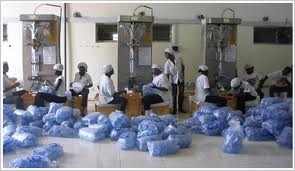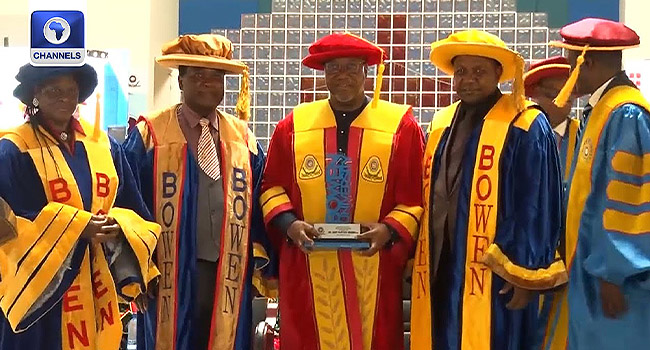
This was disclosed by the Director-General of the National Agency for Food and Drugs Control (NAFDAC), Dr. Paul Orhii, at a briefing on the survey of the Nigerian pharmaceutical market on Tuesday, in Lagos.
Noting the benefits of pure water production to the nation’s economy and the health sector, the NAFDAC boss warned on the need for the country to be very weary.
“The emergence of pure water business has alleviated poverty and reduced the number of Nigerians that die of water-borne diseases…but, we must be very careful” he warned.
“It is relatively cheap to set up, that is why many manufacturers are in it, but we must and need to check quality constantly through random sampling and market surveys. We are registering all operators to be able to monitor their activities.”
Speaking on Fake drugs and food products, Dr. Orji disclosed that drug counterfeiters have advanced in their trade by acquiring technologies that code and forge registration numbers on products.
He however stated that NAFDAC has introduced an SMS verification platform and other advanced coding methods to defy the fake products in the market.
He also urged consumers to patronize only registered pharmacies and stores becuase “..not all drugs that have registration numbers are genuine; it does not protect the drug or product from being faked.”
He added that pharmaceutical companies must continue to adopt latest technologies to ensure the efficacy of their products.”
Also, to reduce the influx of fake drugs into the country, the chairman disclosed that the agency has partnered with international manufacturers to boost local production capacities of manufacturers, to ensure that the country is self-sufficient in the production of essential medicines.
“Our fight is to bring international standard to bear on the state of our pharmaceutical companies. Not only will the attainment of the WHO pre-qualification lead to creation of more than 26,000 jobs, it will also increase foreign exchange earnings for the country through exports.” he said.





